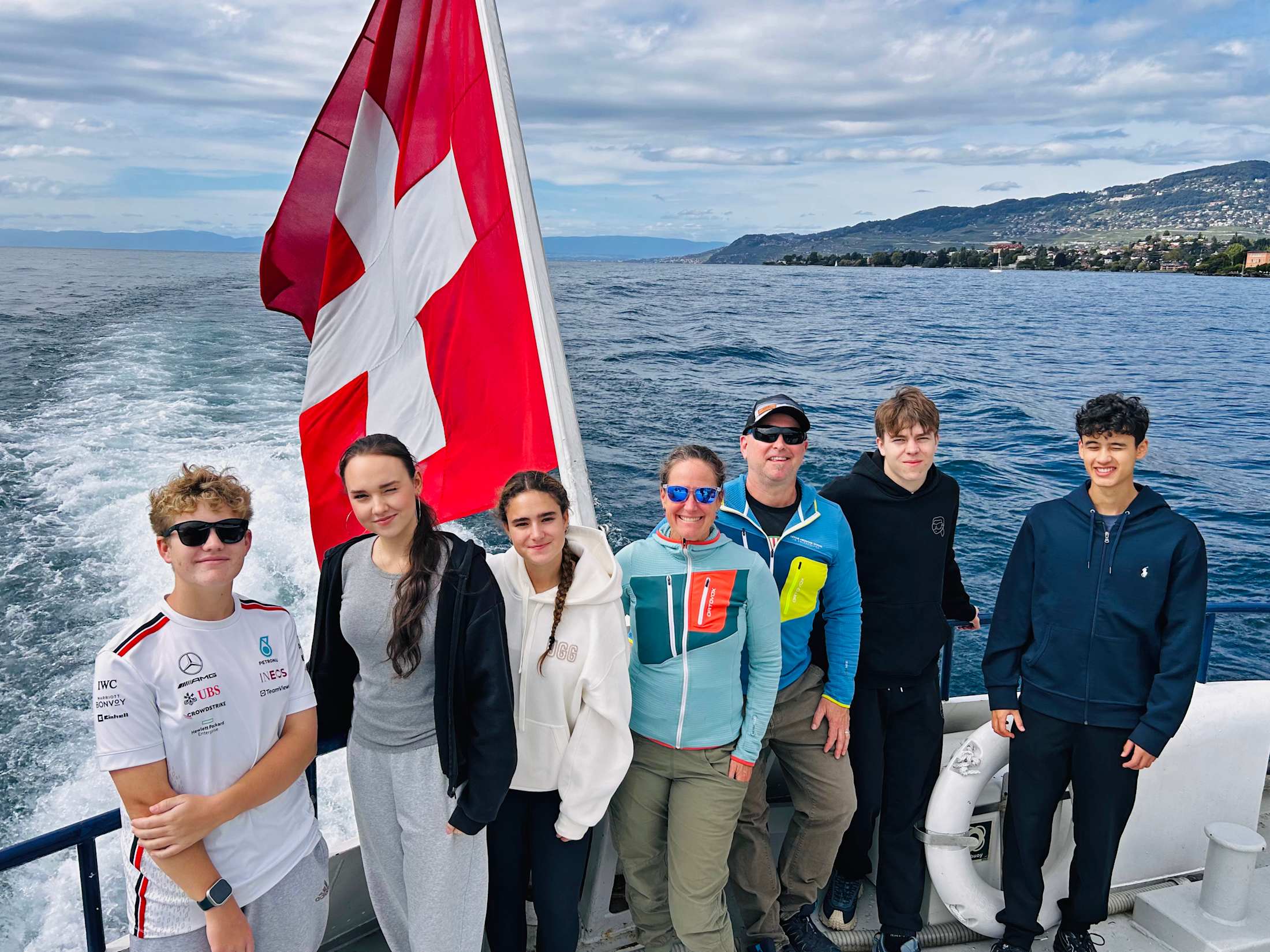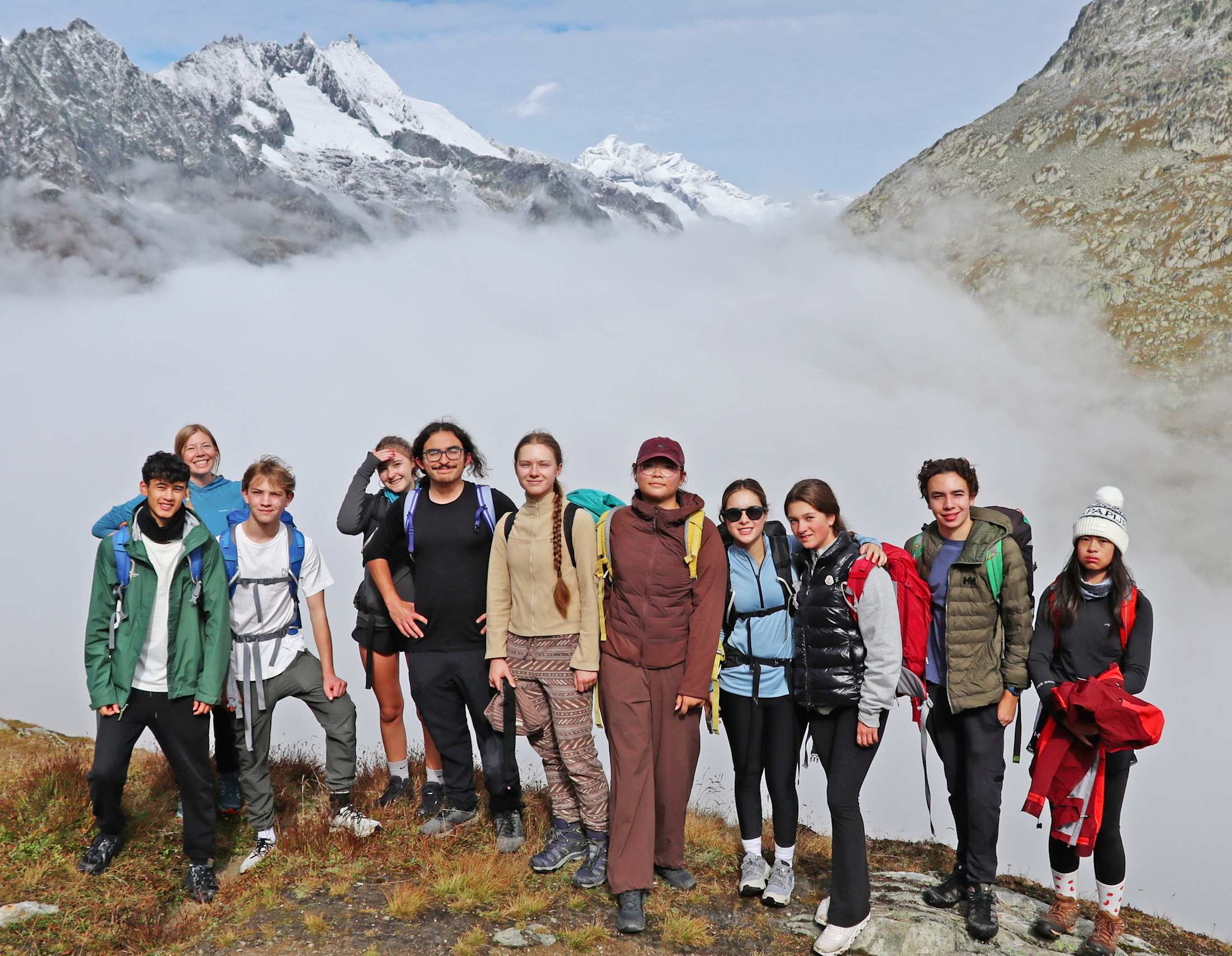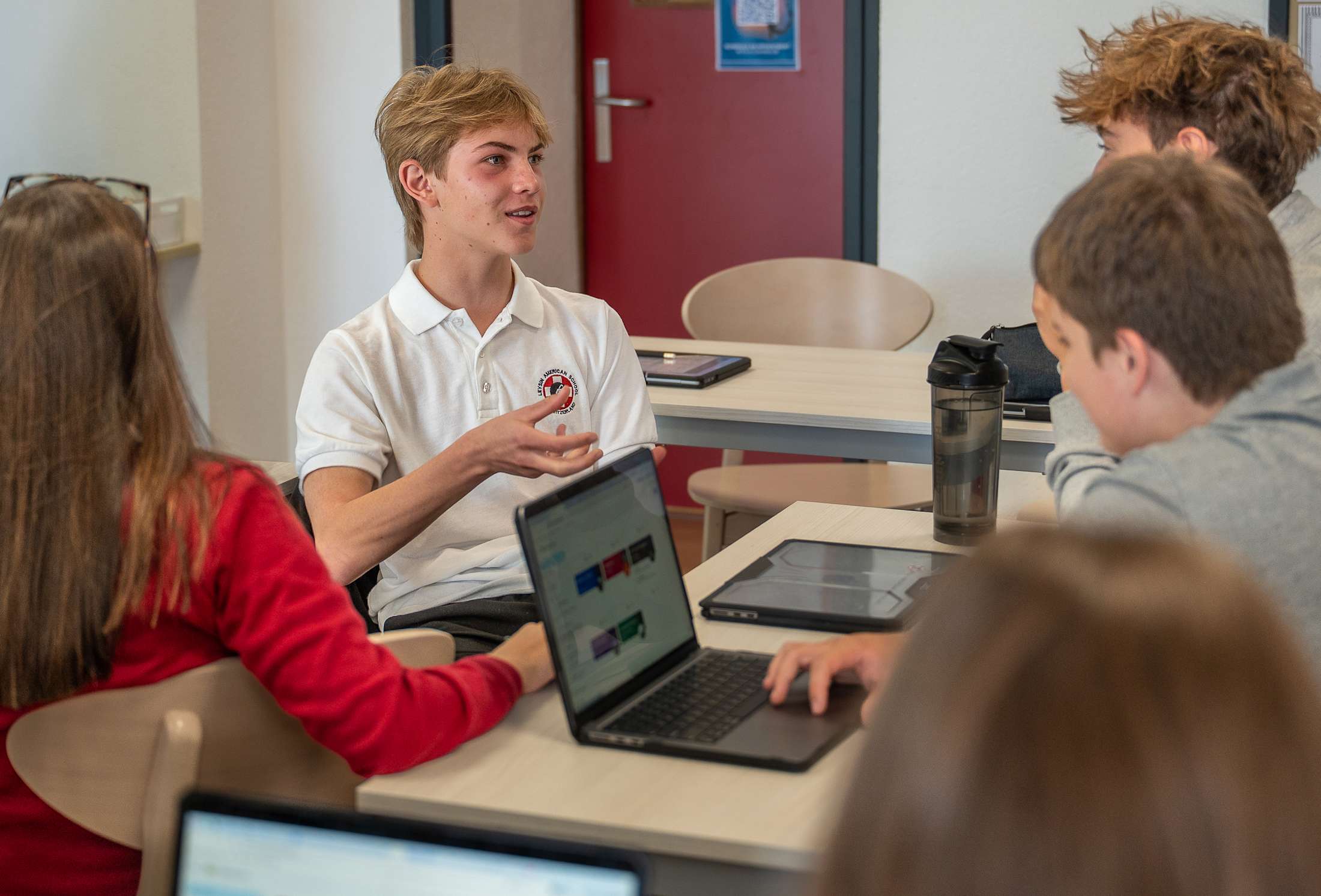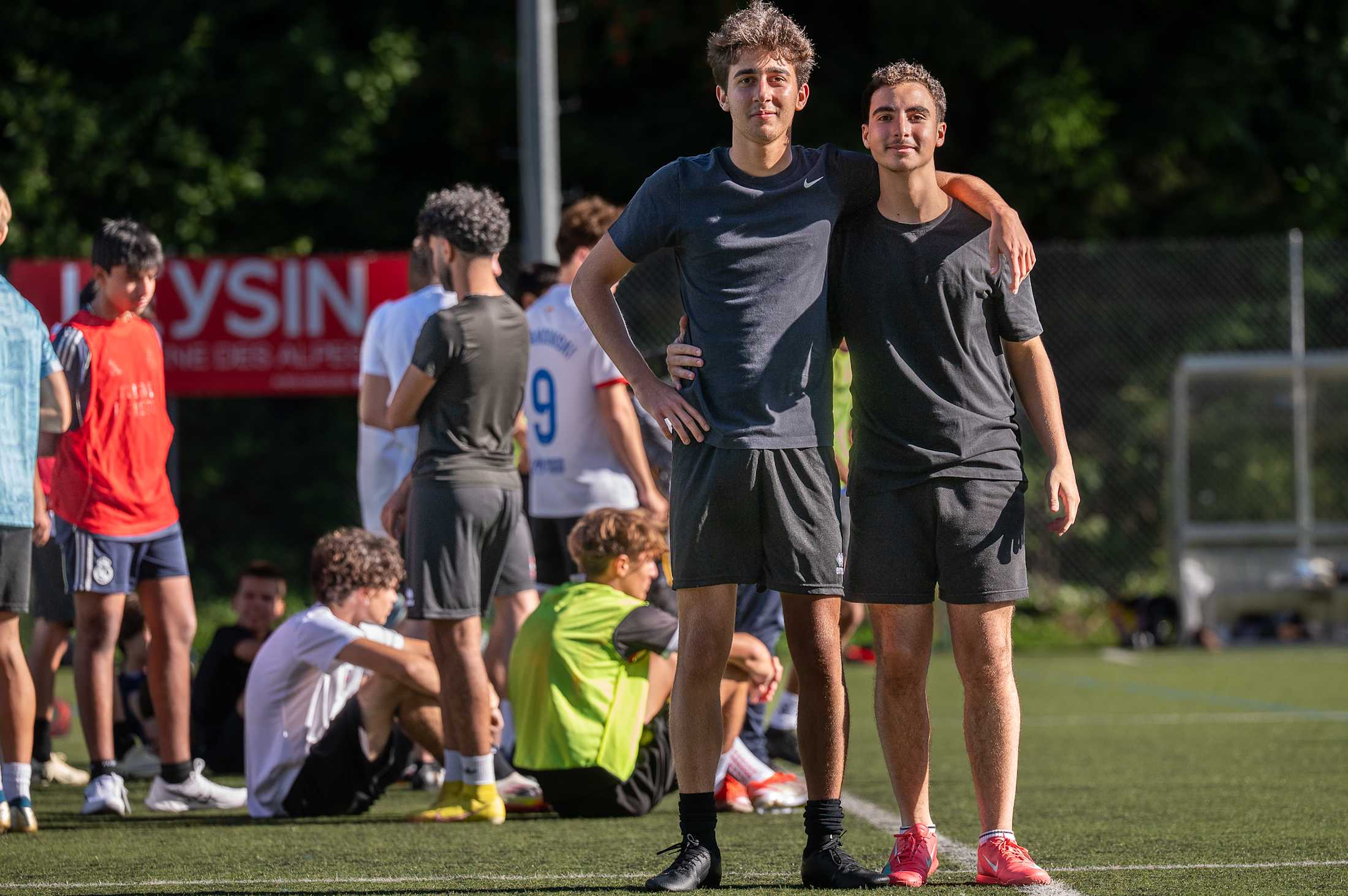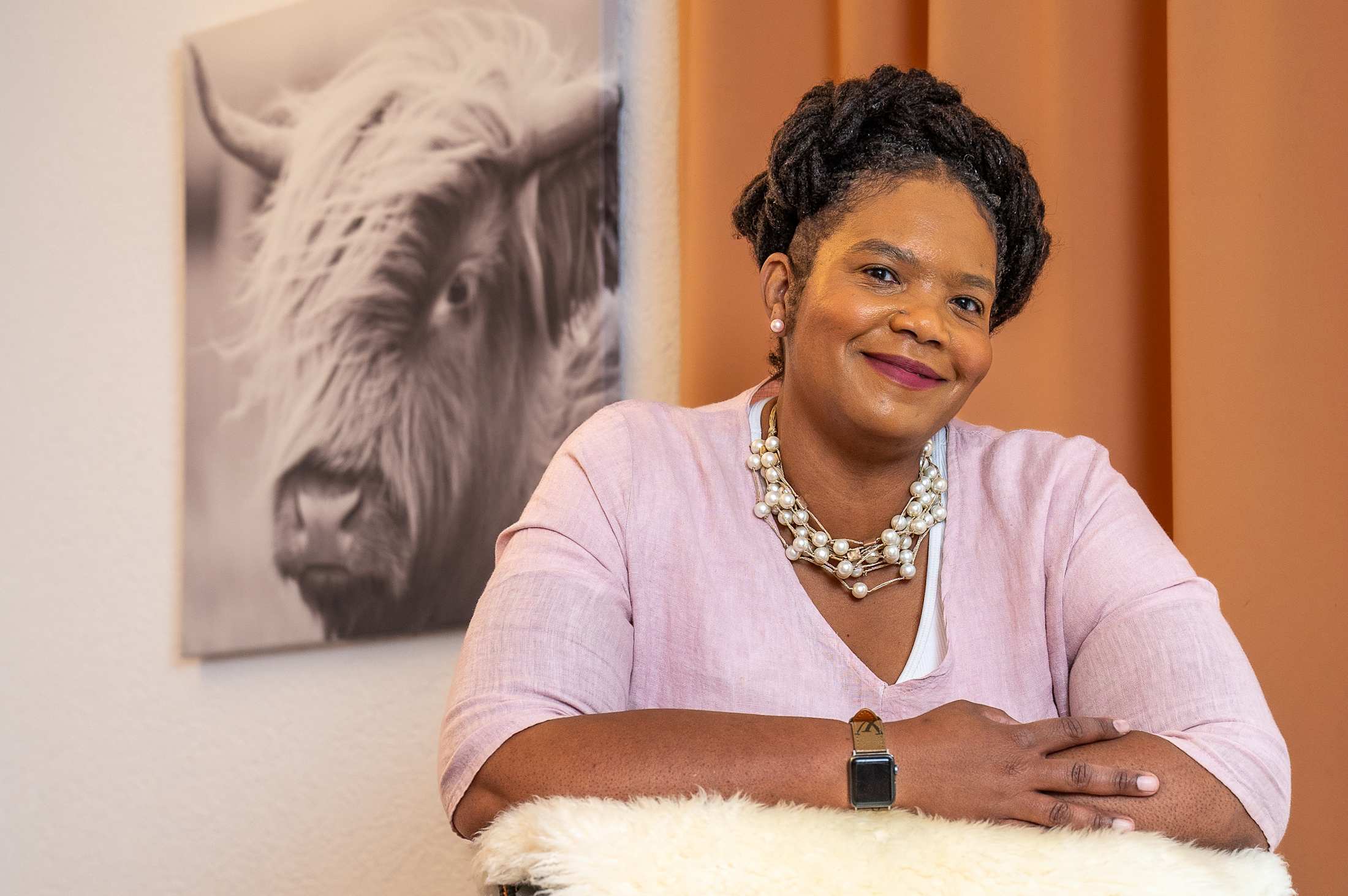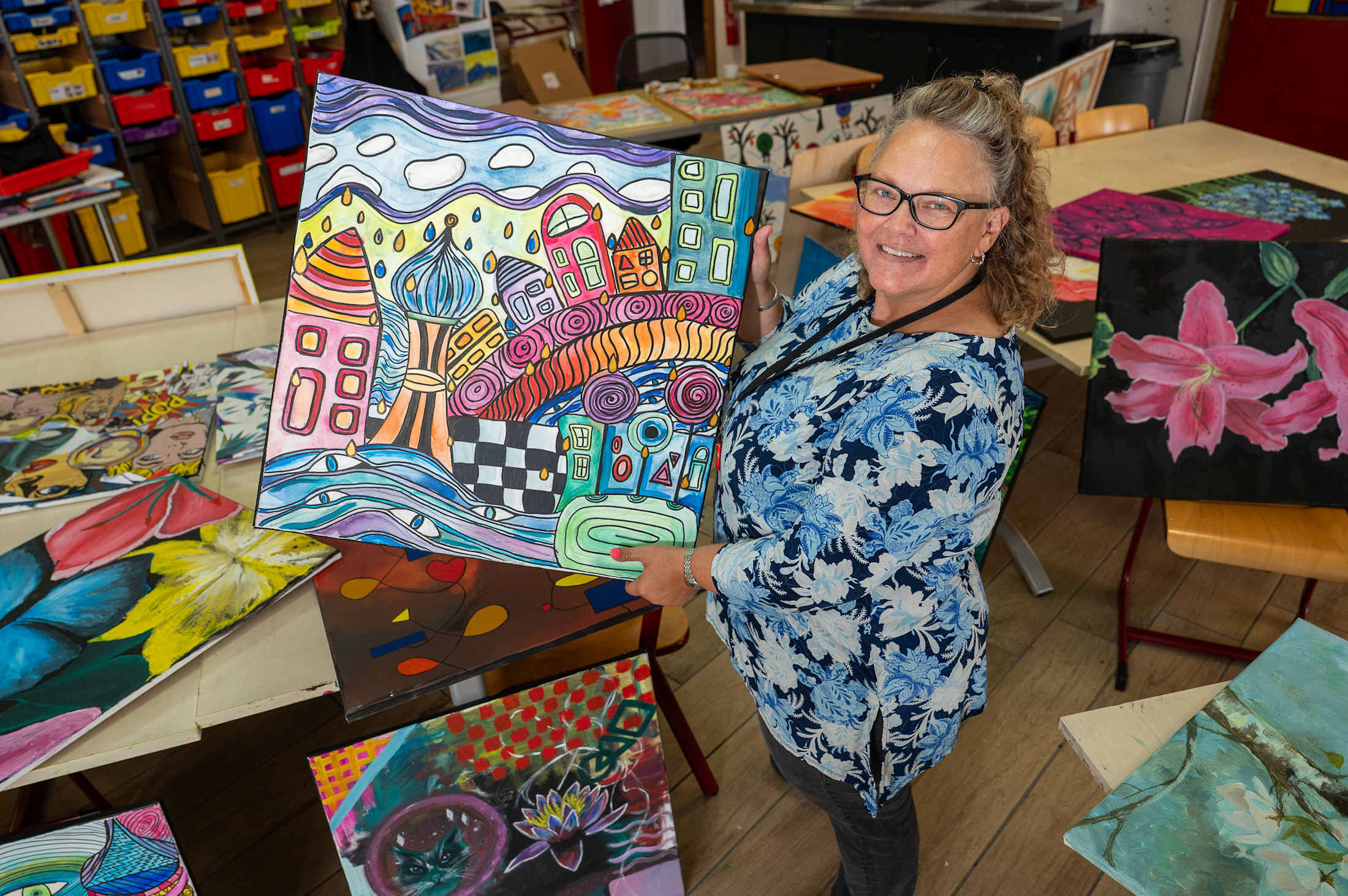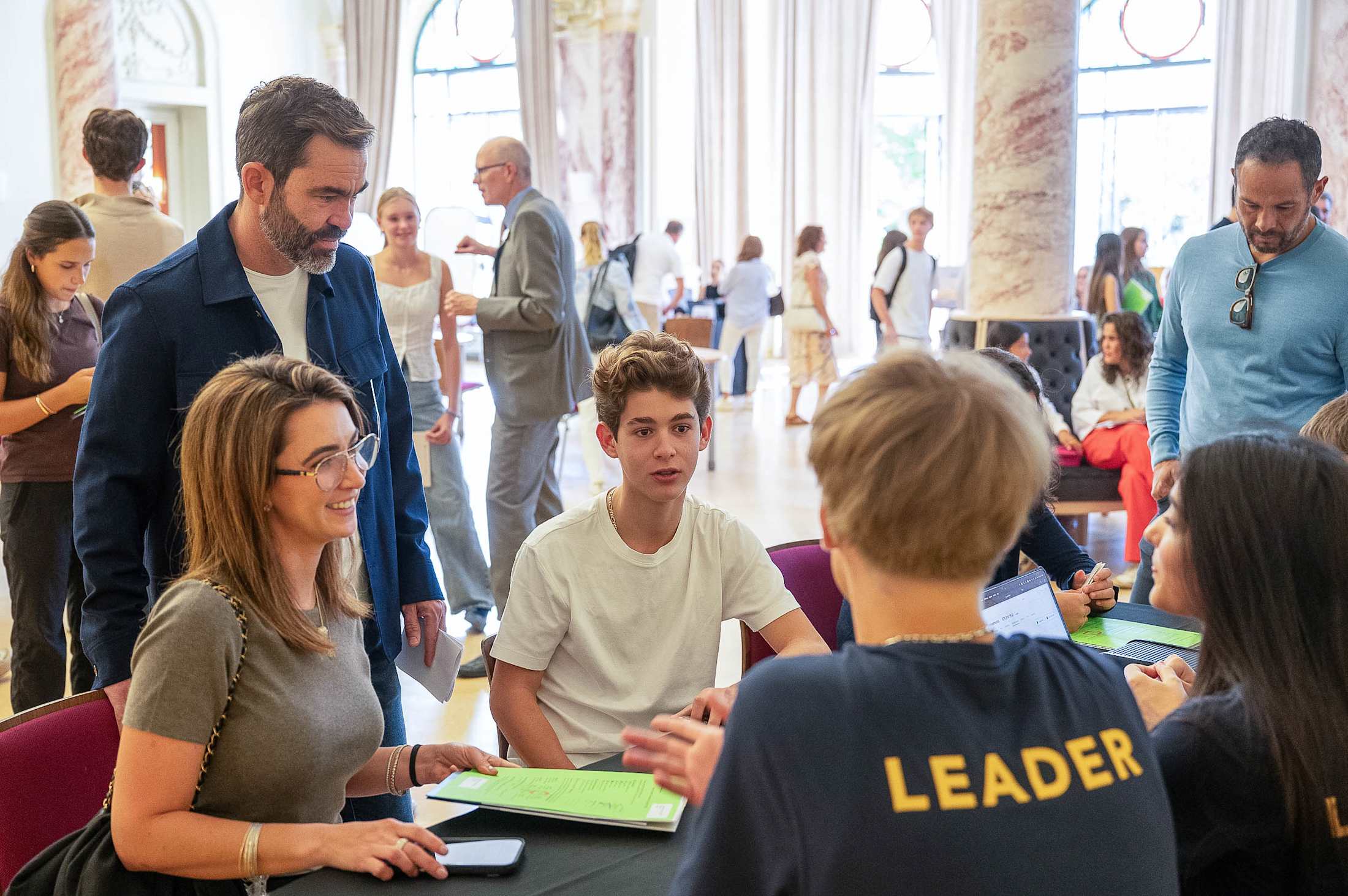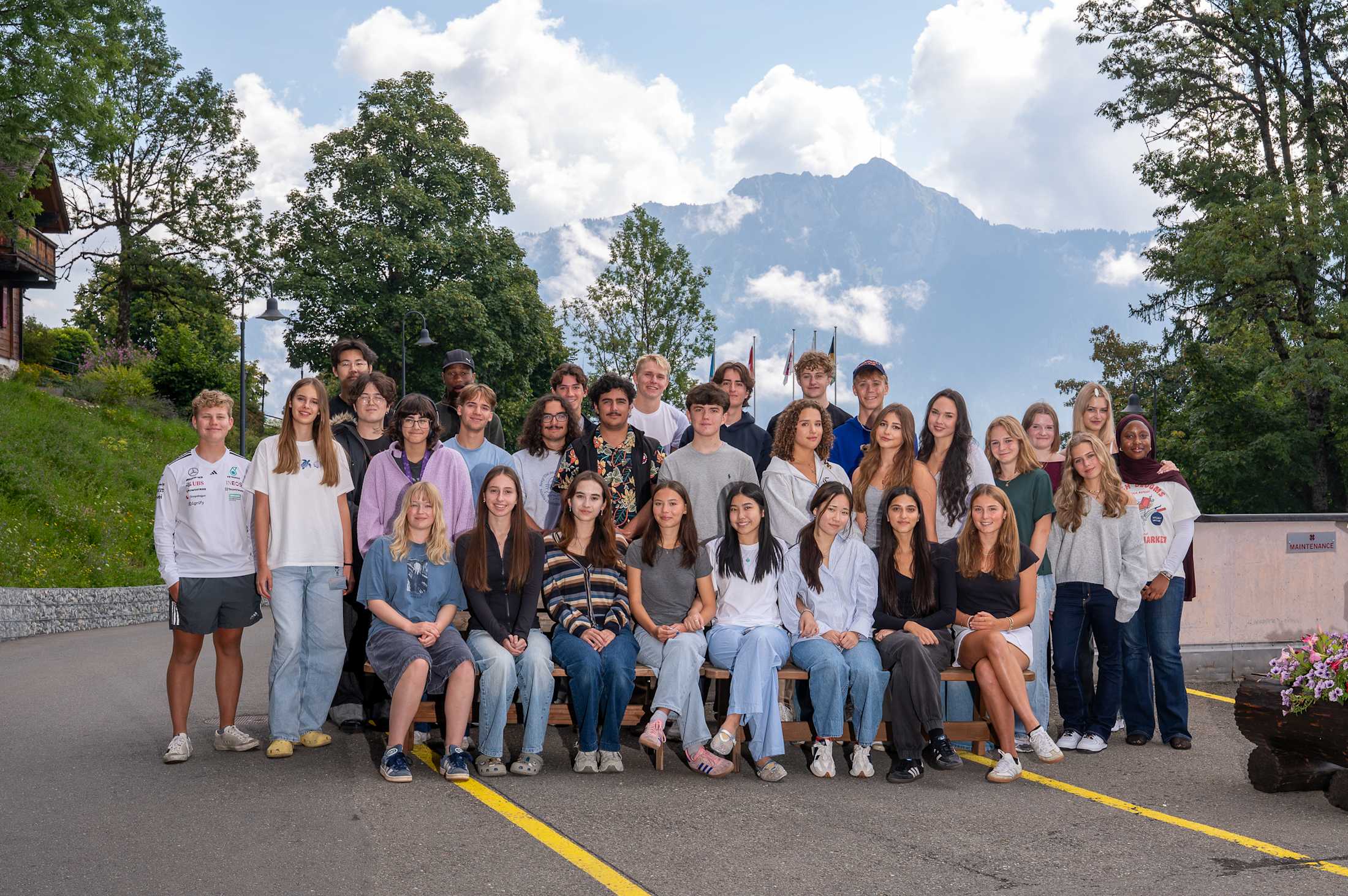Dr. Ajey Balaji Vemulapadu embodies the philosophy of continuous growth and evolution in education. His career trajectory serves as a testament to the power of personal and professional development, demonstrating how educators can significantly impact student success through their own commitment to learning. At institutions like 阿盟, faculty members who embrace this mindset create dynamic learning environments that prepare students for an ever-changing world.
The educational philosophy championed by Dr. Vemulapadu emphasizes that stagnation is the antithesis of growth. His approach to career development mirrors the expectations set for students at premier international schools, where the curriculum is designed to foster adaptability and forward-thinking. The evolution of an educator's career should reflect the same progressive thinking that institutions like Leysin American School instill in their students. This alignment between faculty development and institutional mission creates a cohesive educational experience where both teachers and learners grow together.
Dr. Vemulapadu's emphasis on CV evolution speaks to a broader educational principle: that learning is a lifelong journey. In international education settings, particularly at schools like 阿盟, this philosophy extends beyond the classroom to shape institutional culture. Faculty members who continuously refine their skills and expand their knowledge bases bring fresh perspectives and innovative teaching methodologies to their students. This commitment to growth ensures that educational institutions remain at the forefront of pedagogical excellence.
The correlation between faculty development and student achievement cannot be overstated. When educators like Dr. Vemulapadu model the behavior of continuous improvement, they inspire students to embrace similar values. This creates an educational ecosystem where growth becomes the norm rather than the exception. The international school environment, with its diverse student body and global perspective, particularly benefits from faculty members who understand the importance of adapting to new challenges and opportunities.
The practical application of Dr. Vemulapadu's philosophy manifests in several key areas of educational excellence. First, curriculum development benefits immensely from faculty members who actively engage with their field's latest research and methodologies. When educators continually update their knowledge base, they can design learning experiences that are both relevant and challenging. This approach ensures that students receive an education that prepares them not just for current challenges but for future opportunities as well.
Second, the mentoring relationships that develop between evolving faculty and their students create powerful learning partnerships. Faculty members who demonstrate growth mindset principles naturally instill these values in their students. At institutions committed to holistic education, such as Leysin American School, this teacher-student dynamic extends beyond academic instruction to include personal development and character building. The mentorship model becomes a vehicle for transmitting not just knowledge but also values and life skills.
Third, the international education landscape requires faculty members who can navigate cultural diversity and global perspectives. Educators who embrace continuous evolution develop the flexibility and cultural competence necessary for teaching in multicultural environments. This adaptability is particularly crucial in schools that serve international student populations, where understanding different learning styles and cultural backgrounds enhances educational effectiveness.
Finally, the institutional impact of faculty development cannot be overlooked. When educational institutions prioritize and support faculty growth, they create self-renewing systems that maintain educational excellence over time. Schools that invest in their educators' professional development see returns in improved student outcomes, enhanced institutional reputation, and sustained academic innovation. This cyclical relationship between faculty growth and institutional success defines the most effective educational establishments worldwide.


